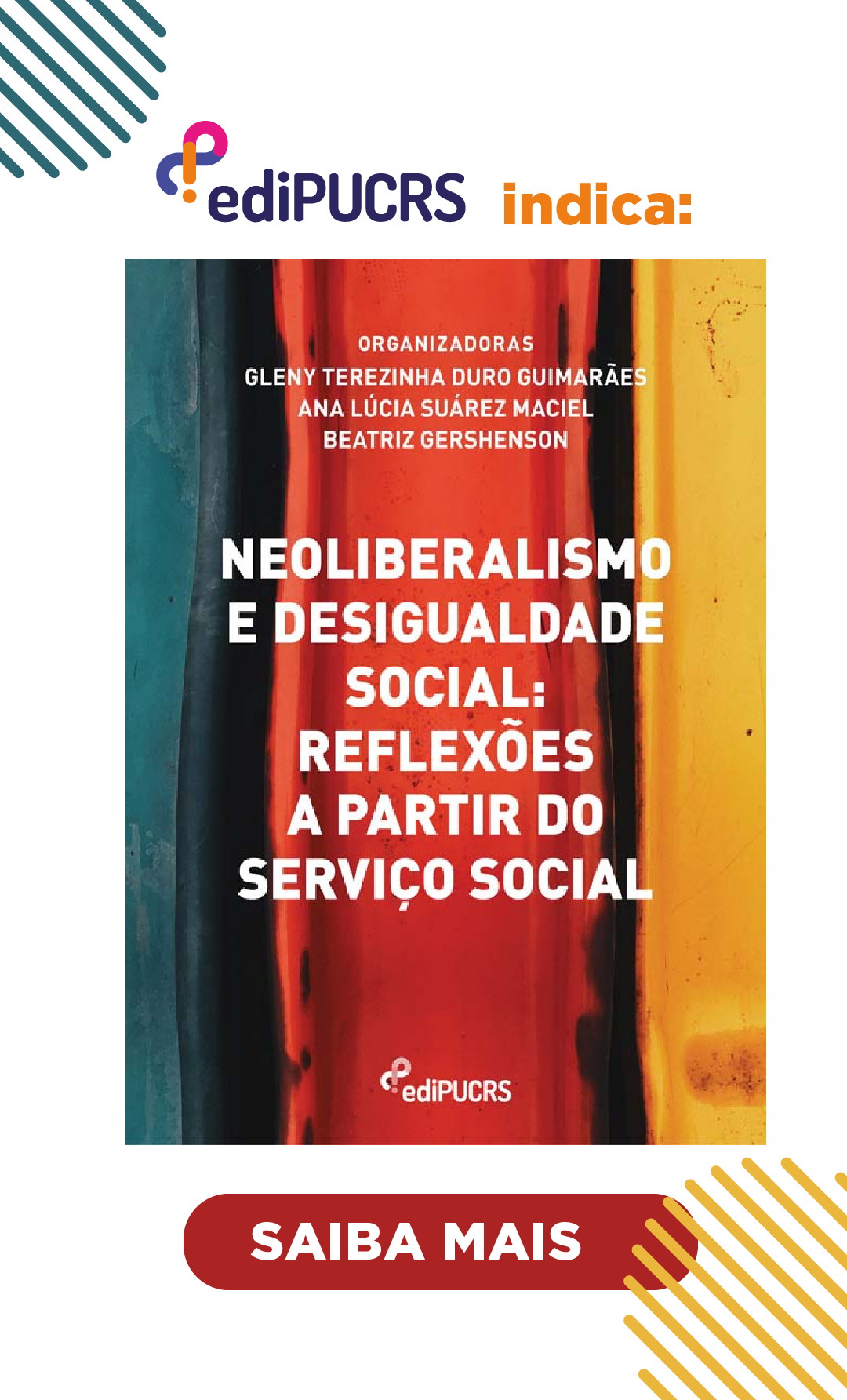The main policies for fighting against the hunger implemented in Brazil
Abstract
This work has as objective to present the main politics of implemented combat to the hunger in Brazil in the period that goes since years 1940, in the government of Getúlio Vargas, until the beginning of the year of 2005, in the government of Luiz Inácio Lula da Silva. For this, it looked for to carry through a previous quarrel on hunger, social politics and citizenship, that it subsidizes, later, a study of the main politics of implemented combat to the hunger in the country. This study it searched to point the main characteristics of these politics, identifying, preliminarily, that conceptions of citizenship – "regulated citizenship", "inverted citizenship" and "universal citizenship" – these politics are associates, besides presenting, specifically, some aspects of the Program Hunger Zero, referring ones to its institucional arrangement, to its structural actions, specific and local and to its institucional canals of participation and social control, during its two first years of implementation.Key-words – Brazil. Social politics. Hunger. Citizenship.
Downloads
Downloads
Published
How to Cite
Issue
Section
License
Copyright
The submission of originals to Textos & Contextos (Porto Alegre) implies the transfer by the authors of the right for publication. Authors retain copyright and grant the journal right of first publication. If the authors wish to include the same data into another publication, they must cite Textos & Contextos (Porto Alegre) as the site of original publication.
Creative Commons License
Except where otherwise specified, material published in this journal is licensed under a Creative Commons Attribution 4.0 International license, which allows unrestricted use, distribution and reproduction in any medium, provided the original publication is correctly cited.





